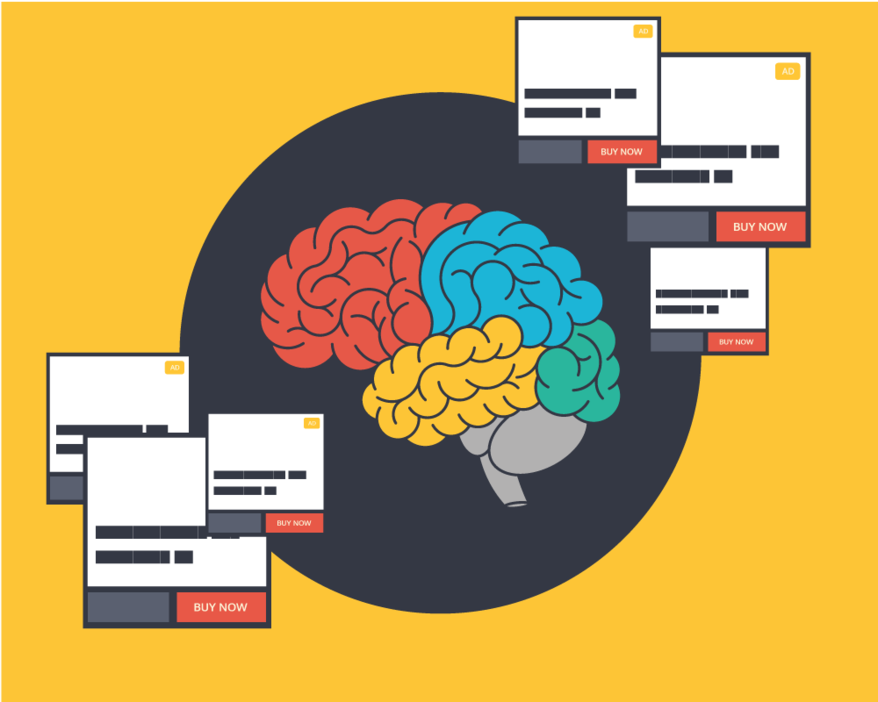
Let’s face it. Digital marketing advertising platforms are notorious for constantly adjusting their tools and how users interact with them.
Google, Bing, Facebook and a variety of third-party platforms are all competing for your advertising dollars. That’s why there’s so much pressure to innovate and bring you better returns on your ad spend. Recently, AdWords has been making some changes that your business should notice.
What’s going on with AdWords?
Over the last couple of months, Google has made some major changes to AdWords. While the AdWords redesign has a big impact on how people manage accounts, it likely won’t cause a shift in strategy or best practices.
The more interesting shift is how Google is increasing their usage of algorithms and machine learning to improve AdWords performance. Google is now using ‘Google Brain,’ their deep learning AI that was developed for driverless cars, to better understand user habits.
This improvement in machine learning has led Google to update some foundational settings that advertisers must adjust to: ad creation, ad rotation, and bidding.
Ad creation
Ad creation and testing have always been an integral part of running a successful AdWords account.
The old way of ad creation was straightforward. You just had to set up 2-3 active ad variations and then watch the data roll in. Once you gathered statistically significant data, you would leave the top-performing ad active, pause the other variations, and replace them with new ads to continue your test. It’s time for that to change.
The new recommended best practice states that each ad group should have 5-7 active ads. Why? It comes back to machine learning.
Google says that it can now better match users to ad creative that they are most likely to respond to, so it’s important to have a variety of ads in rotation. Instead of testing a price point CTA, a shipping promo, and a social proof ad, your account should have variations of all 3. Then, Google will make sure the best ad is shown to the right user.
Ad rotation
Once your ad groups have 5-7 ads, it’s important to make sure your ad rotation is set up correctly. The right ad rotation will maximize performance.
Historically, there were 4 different ad rotation settings: optimize for clicks, optimize for conversions, rotate evenly, and rotate indefinitely. It was confusing—but now Google has simplified ad rotation to just “optimize” and “do not optimize.”
Of course, this new feature does come with a couple of important caveats.
First, the “do not optimize” setting is essentially the same setting as rotate indefinitely. This is not normally recommended unless you are doing rapid A/B testing manually. We don’t recommend this because you will completely lose out on the algorithmic improvements.
If you are going to use the “optimize setting,” it is important to know what you are optimizing for. When this change goes into effect, AdWords is going to optimize your ads based on your bid settings. Any account using automated bidding, such as tROAS or tCPA, will optimize for conversions. If your account is using manual CPC bidding, the ad rotation will be optimized for clicks.
Bidding
While bidding isn’t technically changing like ad creation and ad rotation, it’s still impacted by the updates.
If you want your ad rotation to optimize for conversions, your account needs to utilize one of Google’s Smart bidding features.
Automated bidding performance should also improve. Google is leveraging the same machine learning it uses for ad selection for the bidding process. If you’re thinking about testing automated bidding, we always recommend doing a smaller test with automated bidding before rolling it out to every campaign in the account.
--
2017 is the year of machine learning. The new AdWords advancements are proof of this trend. These updates should increase returns and improve user experience.
Make sure your business is adopting the new AdWords best practices and adjusting your paid search strategies accordingly.
